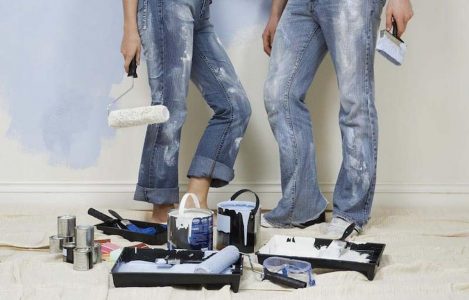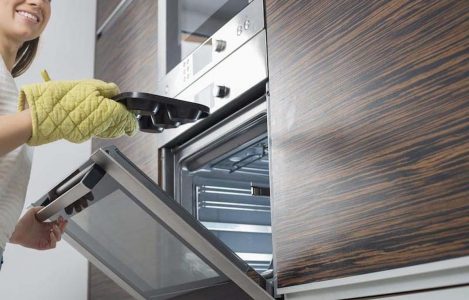There are many DIY jobs around the home that are simple and safe to undertake yourself without any formal training or certification. However, having said that, there are also many that are not. For example, DIY electrics are a particular area of concern for many tradesmen, standards agencies and safety officers.
The rising number of homeowners and tenants who are prepared to risk their own safety and that of others by undertaking their own DIY electrics in their home is becoming a real concern.
Sure, there are small tasks that you may be able to undertake without too much risk, but most electrical work in your home requires a professional, qualified tradesman to ensure that you and your family are safe in your home.
[Related: Fire Safety in Your Kitchen: General Kitchen Safety Tips]
Changing fuses and lightbulbs is one thing, but rewiring a room or installing an electric shower is definitely where you need to recruit the aid of a skilled tradesman. Of course, there will be many of you who say that you are ‘proficient’ when it comes to rewiring and installing or undertaking DIY electrics, and you may well be! However, your own level of skill means nothing without the correct evidence to prove your electrical competence.
What’s more, electrical standards are constantly changing and being improved, so you may find that your electrical knowledge is outdated.
In the UK, we have some incredibly stringent domestic electrical standards, which have been developed over many years to ensure safety in our homes and it is these constantly updated regulations that will make a DIY sparky fall foul of the law.
Am I able to undertake my own DIY Electrics?
A myth that many DIY enthusiasts believe is that they will be able to undertake their own electrical works and then have a certified electrician sign it off. While, in theory this is possible, in reality you are very, very unlikely to find a qualified electrician who will have enough confidence in your work to sign it off – especially if they did not supervise you through the entire process! And why would they?
Not only would they have to check every wire, fuse, breaker and appliance that you have fitted, but they’d also be doing themselves out of pocket in the process. Sometimes, it would be impossible for a qualified electrician to check and verify all of your work without first having to undo, dismantle and take apart your handiwork switch by switch.
The most dangerous rooms in the home for DIY electrical work are the kitchen and the bathroom. This is simply down to the risks associated with mixing water and electricity.
Replacing electric showers, installing extractor fans and even swapping light switches can be a dangerous venture that could end in disaster. Again, there are specific regulations that must be strictly adhered to also.
DIY can be a fantastic way to bring your own personality to your home, but wallpapering and gloss painting has significantly fewer risks than undertaking domestic electrical engineering. The only way that you can stay both safe and legal is to enlist the help of professionals. The dangers of DIY electrics in your home are very real so you should always play it safe – please!
A Full list of work you CAN undertake is given on the electrical safety first website and we suggest you consult a professional before looking to undertake anything yourself.
[Recommended reading: Kitchen Safety Tips for a Child-Safe Kitchen and more]




